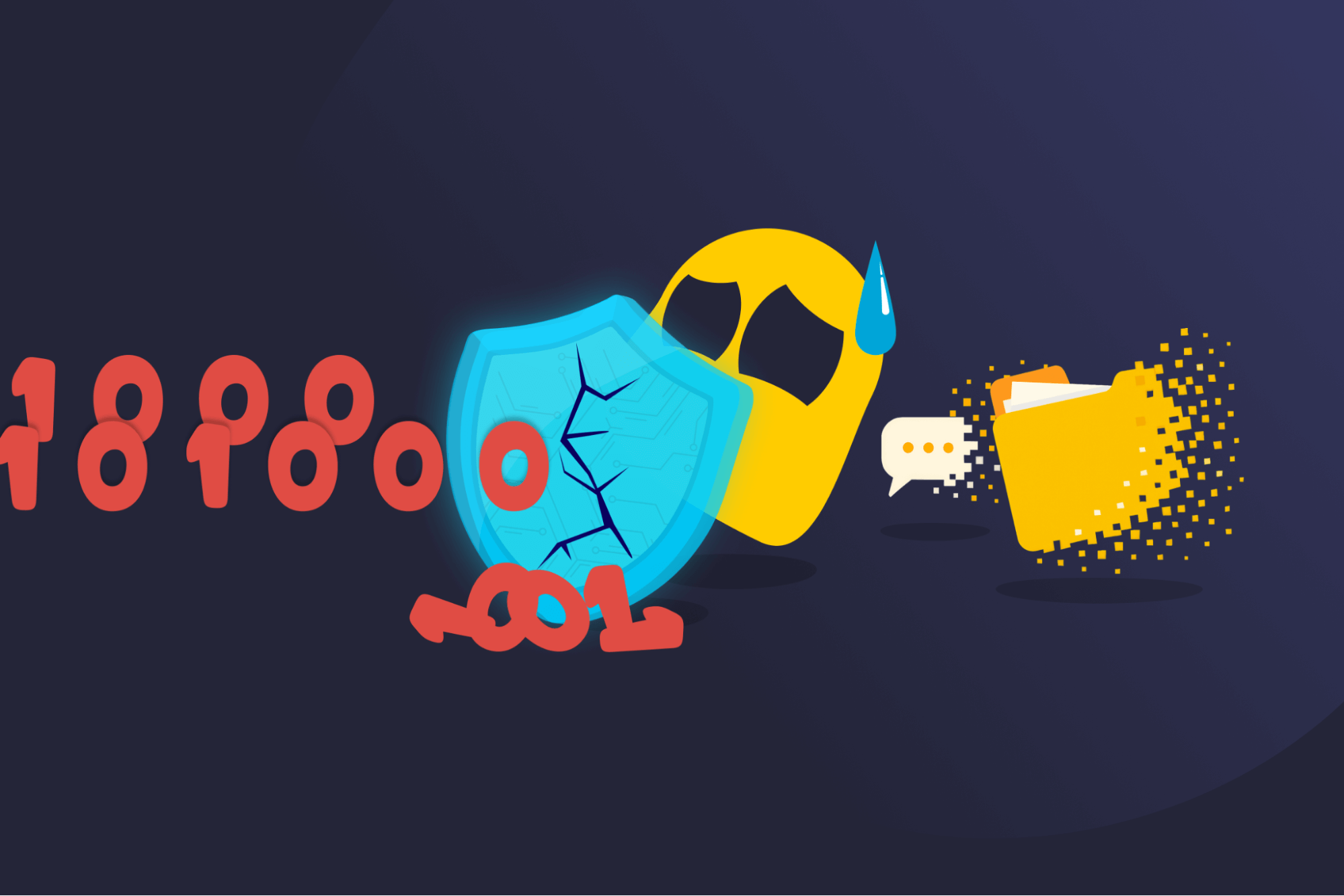Nuker

Nuker Definition
A nuker is an informal term for a malicious tool or script that can damage, disrupt, or overwhelm online systems and communities. Some nukers flood a service with traffic until it becomes unavailable, while others automate destructive actions like deleting channels or posts. The techniques vary, but the goal is the same: wide disruption with minimal effort.
How Nukers Work
Attackers using nukers typically plan fast, simple strikes that aim to cause maximum damage before defenders can respond. They look for weak points, such as loose permissions, exposed admin tokens, easy account creation, or limited rate limits, and choose the quickest path to disruption. Some attacks flood a site with requests (DoS/DDoS), making it slow or unreachable; others abuse admin rights or stolen keys to delete channels, posts, or files. Many incidents combine tactics, for example, creating noise with spam while running destructive actions in the background.
Signs of a nuke attack include sudden spikes in traffic, a burst of deletions, identical messages across channels, or logins from unfamiliar locations. The usual response is to contain the damage quickly and then recover. That involves stopping the suspicious activity, restoring lost content from backups, and reviewing how the attacker got in.
Nuke Attack Examples
- Chat-server nuke: An attacker with admin access or stolen credentials rapidly removes channels, deletes messages, mass-bans members, or rewrites roles. Signs include sudden bursts of deletions, empty channels, and many simultaneous bans.
- DDoS nuke: A target network is flooded with more requests than it can handle, causing timeouts, high error rates, or unavailable pages. Attack traffic may come from many distributed sources, often hijacked devices in a botnet. Signs include extreme traffic spikes, saturated bandwidth, and unusual geographic patterns.
- Mass-modify nuke: Automated actions change or delete many records at once. For example, wiping product listings, clearing user content, or overwriting stored files. Signs include widespread content inconsistencies and large delete/update database operations.
- Account abuse nuke: Many automated or compromised accounts post spam, share malicious links, mass-report users, or repeatedly trigger moderation. Signs include identical or repeated messages across channels, sudden surges in signups or logins, and spikes in rule violations.
- Hybrid/staged nuke: Attackers combine different types of attacks. For example, noisy spam or traffic floods can be used to distract defenders while destructive actions run. Signs include anomalies across systems, like traffic surges alongside mass deletions or suspicious logins.
Read More
FAQ
In cybersecurity, a nuker is an informal term for a tool or script designed to overwhelm, damage, or disrupt a digital system. It can flood servers with requests, mass-delete data, or abuse user accounts. The goal is usually to cause downtime, destroy content, or make services unavailable for legitimate users.
A Discord nuker is a program specifically built to attack Discord servers. It can delete channels, spam chats, mass-ban users, or rewrite server settings in seconds. Attackers with stolen admin credentials most often use these tools. They’re disruptive, can wipe entire communities, and are against Discord’s Terms of Service.
A nuker isn’t the same as a DoS (Denial of Service) attack. A DoS attack makes a system unavailable by flooding it with traffic. A nuker may include DoS functions, but it also often uses other types of attacks to perform actions like mass deletions, account abuse, or permission changes.

 45-Day Money-Back Guarantee
45-Day Money-Back Guarantee